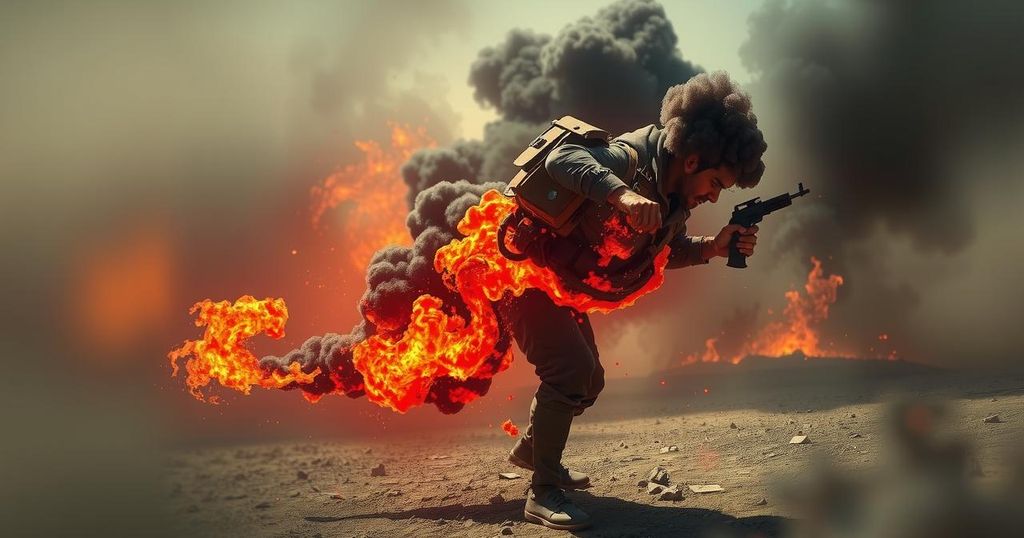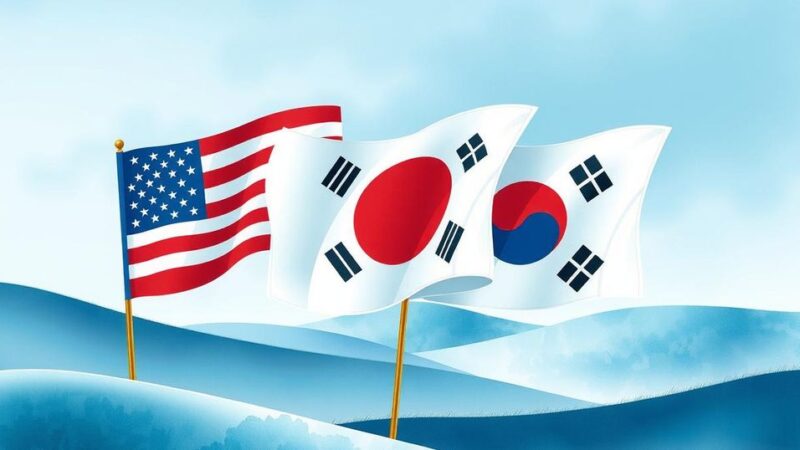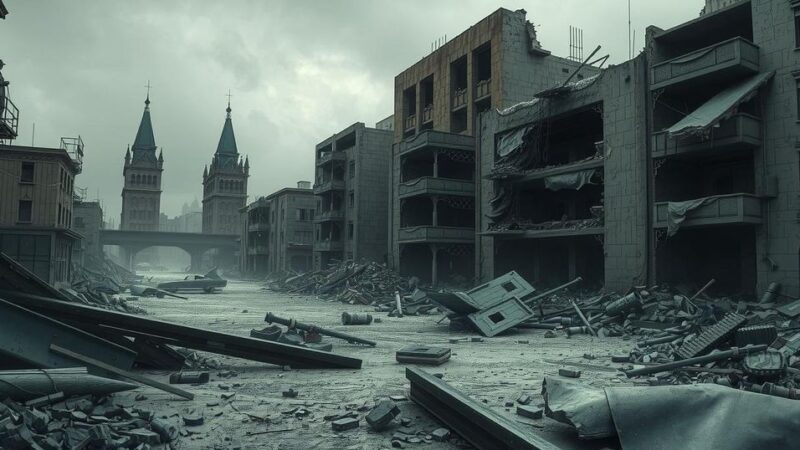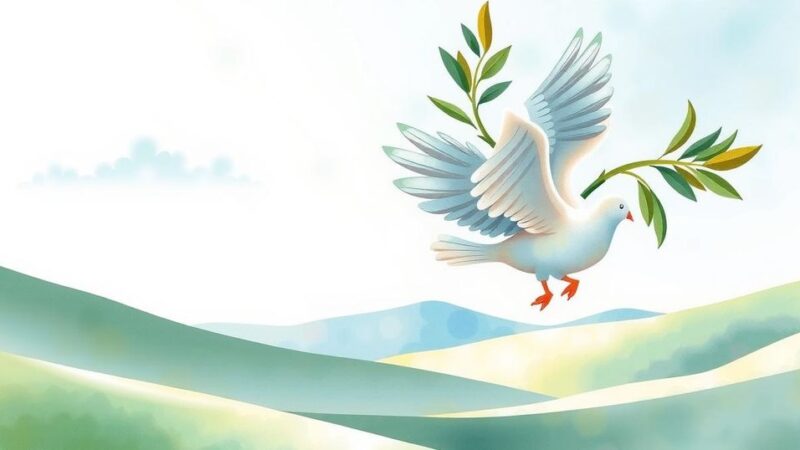The Houthi movement in Yemen has engaged in a series of missile strikes against Israel, claiming fifteen attacks in three weeks, supported by Iran. Israel’s retaliation has included significant strikes on Houthi infrastructure, indicating a firm stand against ongoing provocations. The Houthis face consequences similar to other militant groups if they continue on this destructive path, risking the stability of Yemen and the welfare of its people.
The Houthi terrorist group in Yemen is perilously engaging in a campaign of aggression that could lead to severe consequences. Within a mere three weeks, they have claimed to launch 15 missiles targeting major Israeli cities, including Jerusalem and Tel Aviv. This aggressive behavior, encouraged by their Iranian benefactors, has prompted Israel to conduct retaliatory strikes on key Houthi locations, such as Hodeidah Port and Sanaa International Airport, clearly signaling that Israel will not tolerate such provocations.
The Houthis persist in their reckless endeavors, seemingly ignoring the historical consequences faced by similar militant groups. The organization should observe the experiences of Hezbollah and Hamas; both have faced significant defeats due to their confrontational postures against Israel. Recently, the assassination of Hassan Nasrallah, the leader of Hezbollah, exemplified the perilous nature of antagonizing Israel.
Amidst this turmoil, the growing dissatisfaction within Iran’s populace highlights the regime’s waning influence and resources that the Houthis depend upon. Despite their bravado, the Houthis’ continued aggression against Israel represents a dangerous miscalculation. As they intensify their missile attacks, they risk inciting retaliatory actions that could lead to devastating losses for their forces.
The Houthis must come to terms with the constraints posed by their Iranian connections, which are increasingly unstable. Their dependence on a regime plagued by internal dissent is a precarious position; as former Houthi spokesperson Ali Al Bukhari has noted, adhering strictly to Iran’s revolutionary pathways is fraught with danger.
Ultimately, the Houthis face a pivotal decision. They can elect to withdraw from their destructive trajectory or persist and potentially face catastrophic repercussions. History cannot be disregarded; groups that instigate conflict with Israel tend to suffer monumental setbacks. The Houthis would be wise to abandon their role as Iran’s proxies and focus on bringing stability to Yemen, prioritizing the well-being of their own people who have endured tremendous suffering.
The ongoing conflict in Yemen has seen the Houthi movement, backed by Iran, increasingly engaging in confrontational tactics, particularly against Israel. The Houthi missile strikes are not isolated incidents; they reflect a broader strategy of aligning with Iranian objectives in the region. As Iran faces internal strife and declining support, the Houthis appear misguided in their reliance on Tehran’s backing, which may soon be inadequate for sustaining their aggressive initiatives.
In conclusion, the Houthis stand at a crossroads; they must either reconsider their approach to aggression or face severe retaliation from Israel. Their reliance on Iran’s support is perilous, given the latter’s current instability and unpopularity. By prioritizing diplomatic solutions and the well-being of Yemeni citizens, the Houthis can avert further destruction and potential annihilation. The time to change course is now, as the consequences of continued hostility will be dire and regrettable.
Original Source: www.jpost.com






